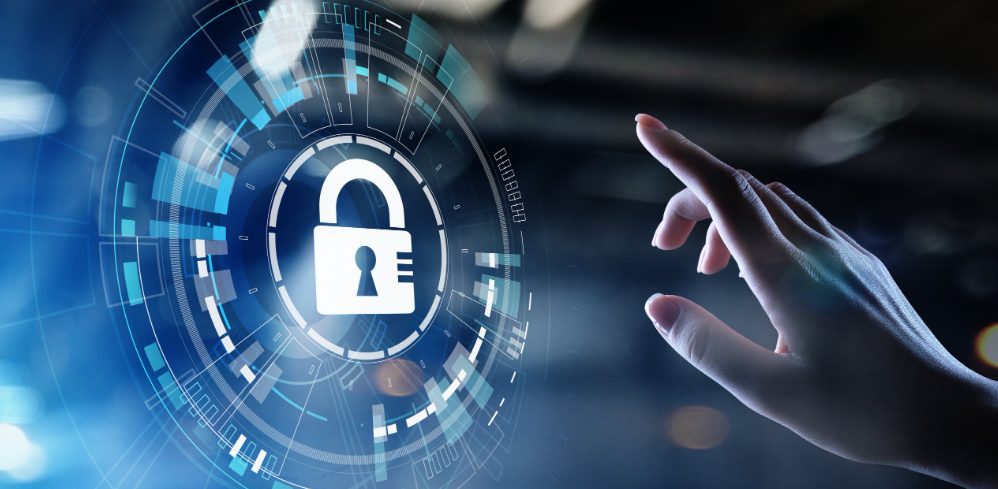By following the cybersecurity checklist outlined in this article, you can take proactive steps to protect your law firm’s digital assets from cyber threats.
Law firm cyber security checklist
As more law firms embrace the digital age, cyber threats continue to pose a significant risk to the legal industry. Cyber security incidents can result in reputational damage, financial losses, and legal liabilities. Therefore, it’s crucial for law firms to adopt the right cyber security measures to protect their data, networks, and systems from cyber threats.
In this guide, we’ll provide you with a comprehensive cyber security checklist to ensure your law firm is well-protected against cyber-attacks, and your clients’ confidential information is safe and secure.
Cyber threats facing law firms
Law firms are a prime target for cybercriminals due to the sensitive nature of the information they handle. They hold confidential and sensitive information such as client data, financial information, and intellectual property that can fetch high prices from cybercriminals.
Legal firms face a range of cyber security threats, from email phishing attacks, to ransomware attacks, and everything in between. One of the biggest threats to law firms is data breaches, which can result in the loss or theft of confidential client information. Other threats include network intrusions, malware attacks, and social engineering attacks.
Regular cyber security training for employees
Your employees are often the first line of defence against cyber-attacks, and they need to be trained to recognise and respond to potential threats. A recent study showed that regular security training can reduce the chance of a successful phishing attack by up to 80%.
Training should cover topics such as how to identify phishing emails, how to create strong passwords, and how to use multi-factor authentication. Employees should also be trained on how to securely store and transmit confidential client information, such as using encrypted email and file-sharing systems.
In addition to regular training, law firms should also conduct simulated cyber-attacks to test their employees’ responses. This can help identify any weaknesses in your cyber security strategy, and help you address them proactively.
Passwords and multi-factor authentication
Passwords are one of the weakest links in any cyber security strategy. Many people still use weak passwords that are easy to guess or reuse the same password across multiple accounts. This puts your law firm at risk of a data breach.
To protect your law firm’s data, you need to enforce strong password policies. This means requiring employees to use complex passwords that are at least 12 characters long and include a mix of uppercase and lowercase letters, numbers, and symbols. Passwords should also be changed regularly, and employees should never reuse the same password across multiple accounts.
Multi-factor authentication (MFA) is another important security measure that law firms should implement. MFA requires users to provide two or more forms of authentication before they can access a system or application. This can include a password and a fingerprint scan, or a password and a code sent to their mobile device. MFA adds an extra layer of security and makes it much harder for cybercriminals to access your law firm’s data.
Hardware and software
Hardware and software are two critical components of your law firm’s cyber security strategy. First, you need to ensure that all hardware, including laptops, desktops, and mobile devices, are properly secured. This means using strong passwords and encryption, as well as installing anti-virus and anti-malware software. You should also ensure that all software is up-to-date with the latest security patches, and any vulnerabilities are patched as soon as possible.
Another important security measure is to use a virtual private network (VPN) when accessing your law firm’s network remotely. A VPN encrypts all data transmitted between your device and the network, making it more difficult for cybercriminals to intercept and steal your data.
Network and internet security
Your law firm’s network and internet connections are also vulnerable to cyber-attacks. To protect your network, you need to implement firewalls and intrusion detection systems. Firewalls can block unauthorised access to your network, while intrusion detection systems can alert you to potential threats.
You should also ensure that your internet connection is secure. This means using a secure Wi-Fi network, and avoiding public Wi-Fi networks whenever possible. You should also use a web-filtering solution to block access to malicious websites and prevent your employees from accidentally downloading malware.
Email and communications security
Email is one of the most common vectors for cyber-attacks, with phishing emails being a major threat to law firms. To protect your law firm from email-based cyber-attacks, you need to implement email security measures such as spam filters and anti-virus software. You should also train your employees how to recognise phishing emails.
Another important security measure is to use encrypted email and file-sharing systems to transmit confidential client information. Encrypted email ensures that only the intended recipient can access the message, while file-sharing systems encrypt files both in transit and at rest.
Disaster recovery and business continuity
Even with the best cyber security measures in place, cyber-attacks can still happen. That’s why it’s important to have a disaster recovery and business continuity plan in place. This plan should outline the steps you will take to recover from a cyber attack and ensure that your law firm can continue to operate in the event of a disruption.
Your plan should include regular backups of your data and systems, as well as a clear process for restoring data in the event of a breach. You should also have a plan for communicating with clients and stakeholders in the event of a breach, including a clear message that reassures them that their data is safe.
Get the right security solutions for your law firm with expert help
Cyber-attacks are a real and growing threat to law firms. By following the cyber security checklist outlined in this article, you can take proactive steps to protect your law firm’s digital assets from cyber threats.
The cyber security specialists at Essential Tech specialise in partnering with law firms to optimise their IT environments, provide end-to-end security solutions, and enhance their overall security posture. Talk to them today and ensure your legal firm is fully protected from cyber threats.




